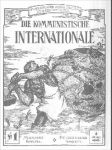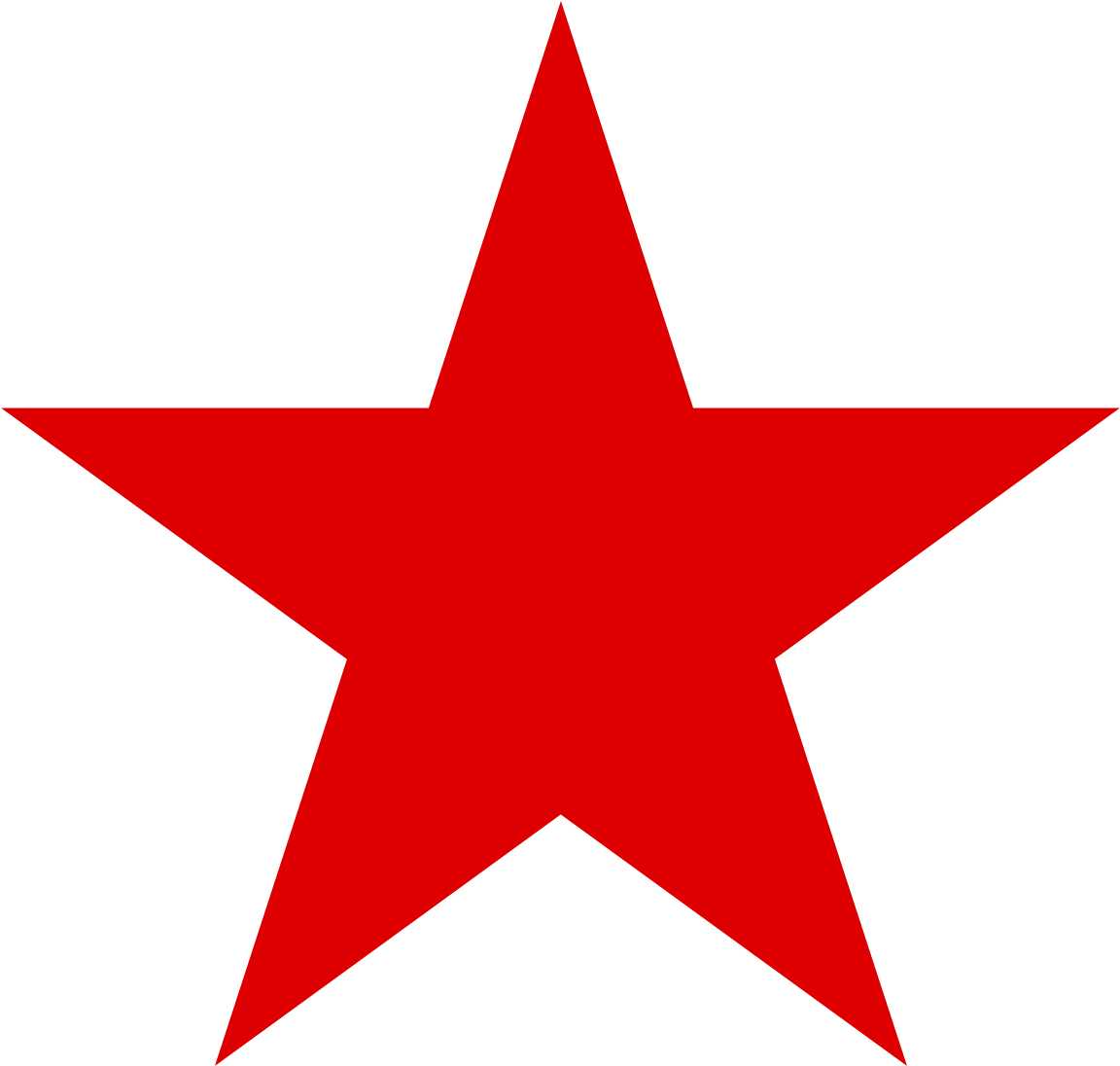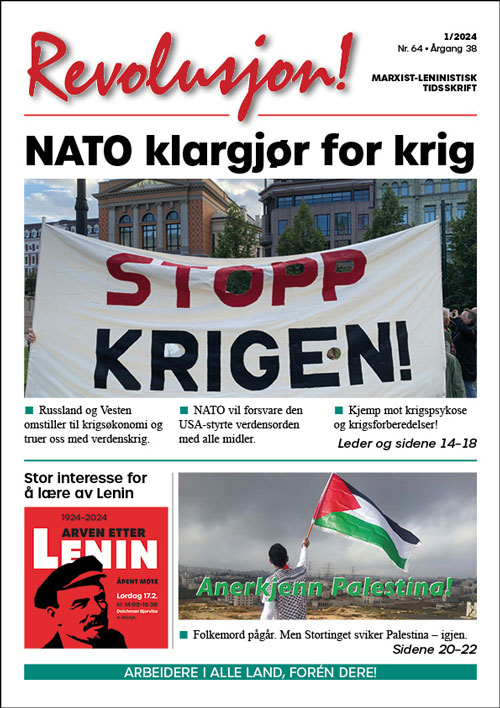 A central international organism – the key to new steps forward for the International Communist (Marxist-Leninist) movement.
A central international organism – the key to new steps forward for the International Communist (Marxist-Leninist) movement.
Imperialism has long since established its international organisms -- in order to crush the revolutions, the peoples' struggles and to intensify exploitation. The efficiency of global or regional imperialist structures like the WTO, the IMF, the World Bank, NATO etc. is only limited by the rivalry between the imperialists themselves.The old revisionists and trotskyites, too, are trying very hard to reestablish effective international instruments, in order to mislead the struggles. However, the opportunist nature of these organizations is making it hard for them to reach agreement on a general line of any credibility.
The workers and the struggling peoples of the world are fighting every day against imperialism and against the unholy "internationals" of the world bourgeoisie, but they are still in lack of their own international guidance and organizer. This is where the International Conference of ML parties and organizations has its opportunity as well as its obligation.
Already in the time of Marx and Lenin, when means of communications were backward and imperialism not yet developed, the communists worldwide managed to organize themselves at a high level internationally. If the communist parties and organizations of today are not able to organize as one, hitting organism on an international scale, how will they be able to organize the workers of the world and ensure the construction of socialist society?
One might, of course, say that this is an inappropriate question. Nevertheless, this is the question which class conscious workers with every right would put forward. Are we able to look them straight in the eye and present a credible answer?
Within the International Conference of Marxist-Leninist parties and organizations there exists a functioning cooperation, with a high degree of ideological unity. But the Conference is yet not a real Communist International with a single general line and a central organism.
If the construction of a central international organism was put in first place on the order of the day, this would force us to find and develop methods that combine democracy and centralism on an international level. A Communist International would, through its very existence, raise the credibility and the authority of the Marxist-Leninist in the eyes of the working class worldwide. It would be able to help develop and build parties in countries where the Marxist-Leninists forces are weak. It would ensure a more speedy and efficient exchange of ideas and analyses, and would rapidly give the Communists international response to burning political issues.
It is said that the experiences from the Comintern, and later on, the experiences related to that of the Chruschevite betrayal, have proven that at "world party" or a "mother party" is laid with great dangers and hampers the independent thinking and development within each party.
This is both true and untrue.
It is a fact that the Communist world movement has never, neither before nor since, expanded at such a speed and with such force as in the period of the 3. International (Comintern) from 1919 until 1943.
Furthermore, it is a fact that the Soviet party had a decisive voice in the Comintern, which was underlined by the headquarters being located to Moscow. Finally, it is a fact that Chruschev could exploit and misuse, not only the prestige and authority of the CPSU(b), but also the other parties "tail-wagging" to the CPSU, to undermine and ruin the international communist movement.
The "Comintern-tradition" is by Maoist and other currents emphasized as an important reason, even as the ultimate reason, to explain how the Chruschevite advance to power could take place without countering more opposition within the international Marxist-Leninist movement than it actually did.
But the Chruschevite betrayal took place 13-14 years after the Comintern was dissolved as a world party. Can we not with equal right raise the question of the possibility that the destructive actions of Chruschev might have been, if not prevented, then at least restricted, by a Comintern which adhered to internationalist Marxist-Leninist principles?
The Comintern was dissolved during the Second World War. After the war, the Information Bureau (Cominform) became a sort of limited replacement, as a cooperation between all the parties in power (with exception of the Albanian party) and the largest parties of Western Europe. Here, the parties in reality were split into a level A and a level B. In the epoch of the Comintern there was at least a formal equality between the communist parties of the world.
The CPSU had a position and authority deriving from the living example of the Soviet Union. This position and influence was a logical and objective necessity, and it was historically well-deserved. This role, this authority, would have had to come to expression irrespective of whether or not the Comintern was in existence. It is obvious that a great party with solid rooting in the working class of its country, not to speak of a party where the working class already has established its revolutionary dictatorship under the guidance of the party, will have unquestionable authority within the international Marxist-Leninist movement, too.
Ideas may easily spread that a party able to present such magnificent results, never can make mistakes, even when signs appear indicating that the party in question in fact is acting contrary to the principles of Marxism-Leninism.
The reason for our stressing this issue, is to show that the possible danger that stronger and well-respected parties might misuse their authority, and in the worst case help to legitimate revisionist positions and lines within the Marxist-Leninist movement, is not a valid argument for denouncing the need of a new International i.e. a central organism for the whole Marxist-Leninist movement.
In fact, a proper International with a functioning, representative and acknowledged executive committee, could be the best means to protect the international Marxist-Leninist movement and prevent influential parties from moving "along their own road", contrary to or without taking into account the views and counterarguments from the other parties and organizations of the international movement. And, furthermore, as a means of protection against the possibility that parties that degenerate (historical experience has taught us that this can happen) might take advantage of their influence in order to undermine the international Marxist-Leninist movement as a whole.
It is often stated that it is impossible, or at least unwise, to form an international organism until the International Conference of ML parties and organizations has done away with possible ideological differences and has reached common stands in almost all fields.
Though perhaps logical, this point of view contains some portions of idealism.
The building of a more or less "monolithic" theoretical and political unity on the international plane, not mentioning an unanimous global strategy and tactical general line, would rapidly come to a halt if the organizational structures do not ensure adequate continuity and tempo in a process targeting a fixed ending point.
In this field, too, as in every other field, dialectics are actively present. Nothing is static; views and ideas corresponding to changing material conditions are in perpetual development.
The more each party is preoccupied with its "own business", the more probable be the evolvement of greater diversity in views, priorities and opinions, and the more the international perspective could fade into the background. Conversely, the probability of obtaining a common perspective and theoretical and political concordance would be greater if and when the parties concentrate their acitivities around the same theoretical and political main tasks.
What is said above, in no way implies neglecting the national class struggle within the respective countries. The revolutionary tasks in one's own country are always at the hub for any real ML party, in particular in a situation of sharpening class struggle. In countries where the struggle for political power is on the upsurge, the greater the need of an efficient coordination and mobilization of the international ML movement in order to give maximum and concentrated support to the country or countries where the opportunity has arisen for the imperialist chain to be broken.
As Lenin stated where the organizing of the Russian communists was concerned, the main problem on the international scale is not lack of cadres, but amateurism and liberalism in our method of work.
Our movement consists of small and unexperienced organizations, this is true, but also of parties and cadres with rich experiences from illegal struggle from armed struggle, and from the struggle against the Chruschevite and Maoist betrayal.
We can always criticize the Comintern and problems regarding new forms of organization on an international scale. However, we should not be so engrossed with problems concerning the negative historical experiences that we let these overshadow the positive ones. Even worse; it might make us blind to the immediate need of organizing the communists internationally at a far higher level than be the situation today. It is seldom a good idea to chop off your arm just because you've bruised a finger.
The unity among our ML parties and organizations is already far developed, and a clear attitude stating that we will and shall create an international organism, would lead to a dialectical process which obliges every party to contribute to defining a general line, where the interests and tasks of the international working class always are at the forefront.
Contribution to the journal Unity and Struggle
First published in Norwegian in the Marxist-Leninist magazine Revolusjon! no. 22, September 2001

